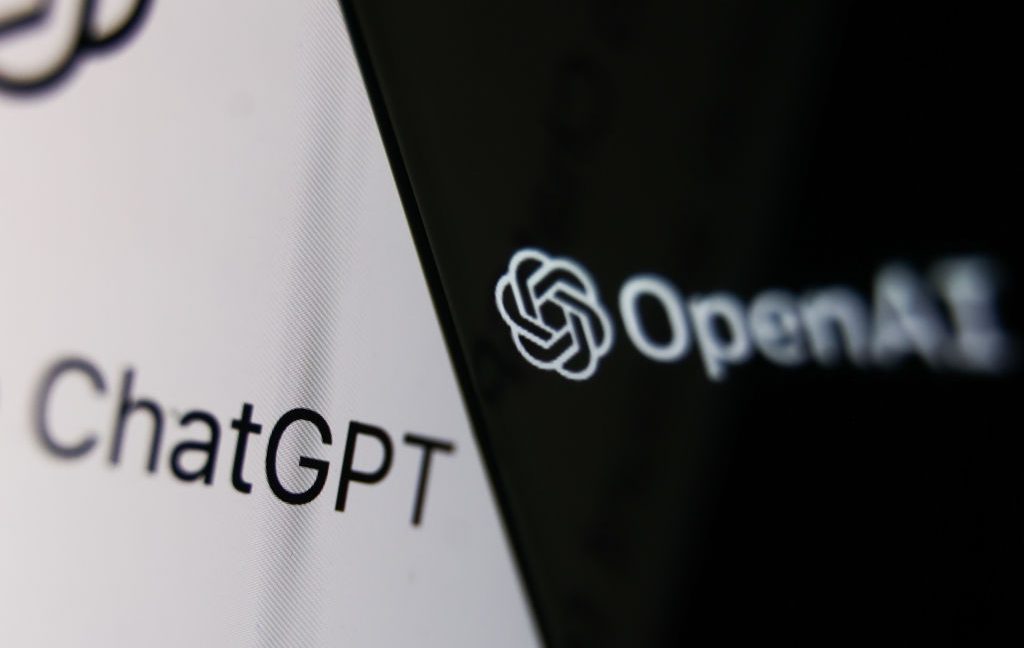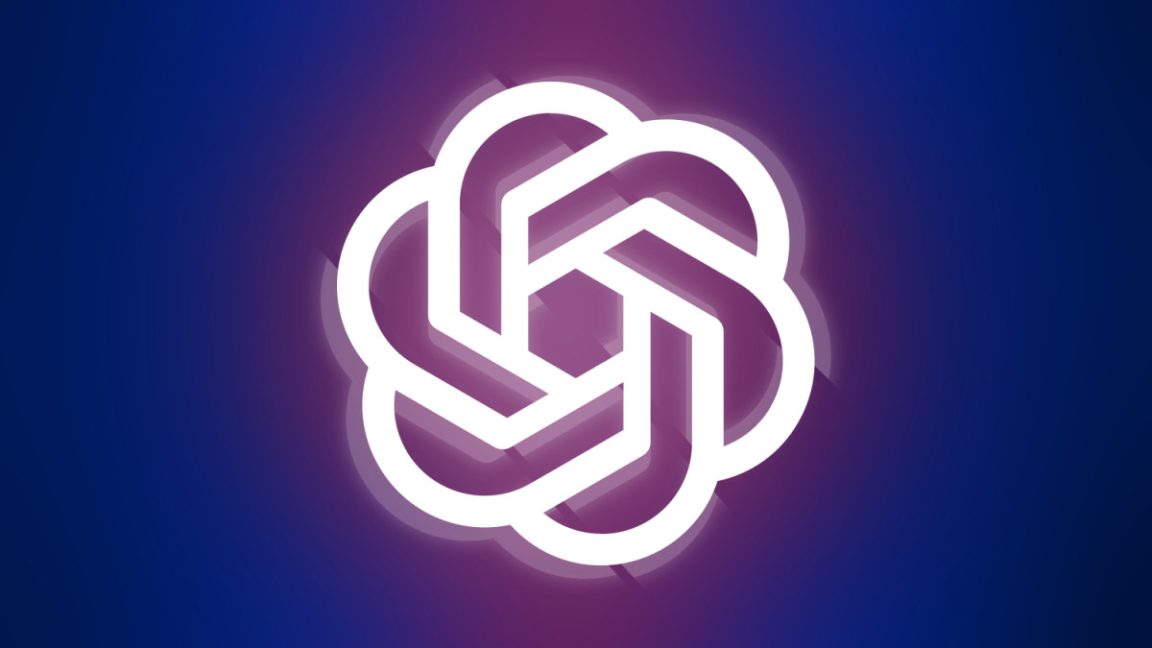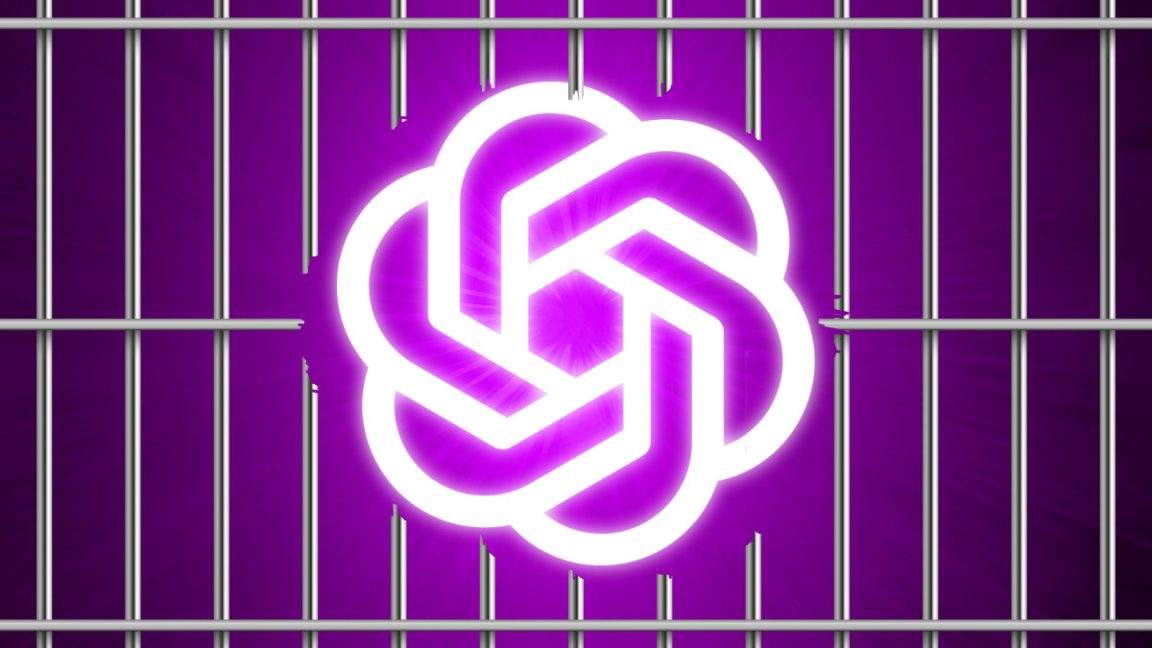ChatGPT Users Discontent with GPT-5 Release

After months of anticipation, OpenAI has introduced the new GPT-5 model family, promising significant enhancements across the board. While OpenAI is racing to make the AI available to everyone, some dedicated ChatGPT users are apprehensive about the transition, missing the more familiar vibe of the GPT-4 models.
Despite assurances from OpenAI that they would not entirely discard older models like GPT-4o, access to these models is now restricted to the developer API. This shift has undoubtedly altered the experience for users who had grown fond of conversing with their favorite digital "friends," thus igniting conversations online about how human interactions with AI are evolving.
The OpenAI community forums and Reddit are buzzing with long-term users expressing their sorrow and nostalgia for models like GPT-4o, describing the change as mentally devastating and akin to losing a dear buddy to a mere customer service agent. Many posts even vow to discontinue their paid subscriptions in protest. Interestingly, some of these emotional outcries appear to be partially or entirely AI-generated, highlighting an ongoing engagement with generative AI among users.
Critics are arguing that GPT-5's responses lack the creativity and warmth they had enjoyed previously, dubbing it as having an "overworked secretary" vibe. Moreover, the transition appears to have disrupted workflows finely tuned with GPT-4o, prompting fears that this might signal a downward trend for the quality of AI interactions.
Adding fuel to the dissatisfaction with GPT-5, many users are concerned about quickly hitting usage limits on the free tier, which nudges them towards paying for Plus or Pro subscriptions. Running such an expansive generative AI is costly, and it seems plausible that OpenAI's release of GPT-5 is an effort to bolster revenue. However, OpenAI backs this decision with data showing that GPT-5 surpasses its predecessors in intelligence.
GPT-5's introduction offers mixed blessings. While it may be superior in analysis and work-related tasks, it lacks the charm and companionship many had come to love with the earlier models. This might serve users well in terms of mental health by reducing unhealthy parasocial attachments, but there's no denying a period of adjustment is likely for those fond of GPT-4o.
Users disenchanted with GPT-5 can explore alternatives, such as Elon Musk's xAI, which continues to push boundaries with features like AI-generated personas. Yet, from a broader perspective, these developments shed light on an AI era reshaping human interactions and dependencies.



